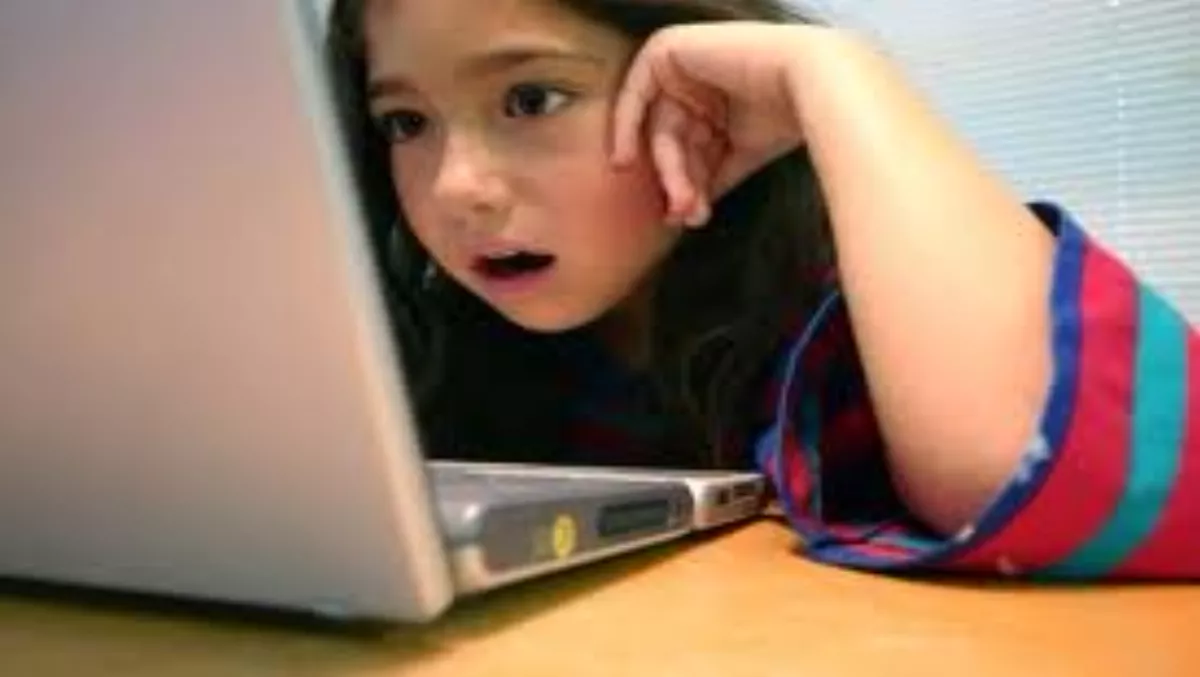
The latest edition of the Norton Online Family Report sheds new light on the realities and risks of growing up in the digital age. This year's report identifies the new issue of "cyberbaiting,” a growing phenomenon where kids taunt their teachers, then capture the distressed reactions via mobile phone videos. In addition, the report reveals a surprisingly high number of kids taking liberties with their parents' credit cards for shopping online. However, it's not all bad news: the report shows that following clearly stated house rules for proper internet behaviour can make a significant impact in averting negative online experiences. Overall, almost 62 percent (57 percent in Australia, 60 percent in New Zealand) of kids across the world said that they have had a negative experience while online. Nearly 4 in 10 (39 percent globally, 31 percent in Australia, 35 percent in New Zealand), however, have had a serious negative experience online, such as receiving inappropriate pictures from strangers, being bullied or becoming the victim of cybercrime. The report also shows that kids who are active on social networks open up more doors for content or situations that can be tricky for them to handle: 74 percent of kids on social networks find themselves in unpleasant situations online, compared to 38 percent who stay away from social networking. Parents are setting ground rules, however, for online use, which helps kids have a more positive experience. The Norton Online Family Report shows that 77 percent (84 percent in Australia, 88 percent in New Zealand) of parents have rules for how their kids may use the internet. For those households where rules exist, while the "good kids” who follow the rules stay relatively safe with 52 percent (47 percent in Australia, 49 percent in New Zealand) having had a negative experience online, the percentage increases to 82 percent (77 percent in Australia, 78 percent in New Zealand) among rule-breakers. "Kids are developing their online identity at an earlier age than ever before,” said Vanessa Van Petten, youthologist and author of Radical Parenting, "and they need parents, teachers and other role models to help them figure out where to go, what to say, how to act and perhaps most importantly, how not to act. Negative situations online can have repercussions in the real world – from bullying to money lost in scams to giving strangers personal information.” Teachers at Risk of Cyberbaiting One of the more shocking examples of using social networks for bad behaviour is cyberbaiting, where students first irritate or bait a teacher until he or she cracks, filming the incident on their mobile device so they can post the footage online, embarrassing the teacher and the school. One in five teachers has personally experienced or knows another teacher who has experienced this phenomenon. Perhaps because of cyberbaiting, 67 percent (92 percent in Australia, 85 percent in New Zealand) of teachers say being friends with students on social networks exposes them to risks. Still, 34 percent (15 percent in Australia, 25 percent in New Zealand) continue to "friend” their students. Only 51 percent, however, say their school has a code of conduct for how teachers and students communicate with each other through social media. Eighty percent (68 percent in Australia, 71 percent in New Zealand) of teachers call for more online safety education in schools, a position supported by 70 percent (52 percent in Australia, 67 percent in New Zealand) of parents. Raiding Mum's Digital Purse Twenty-three percent of kids say they sometimes dip into mum or dad's credit card to shop online for music, video games and event tickets without their parents knowing. And more than half of parents (53 percent) reported that their child has sometimes used their online store account without their permission. But saving money isn't the only reason to set clear guidelines about online shopping and safe internet behaviours. Eighty-seven percent of parents whose children have been the victim of cybercrime have also been a victim themselves – a steep increase from the global average of 69 percent among online adults across the world. (Norton Cybercrime Report, 2011) "Parents and teachers play an enormous role in keeping kids – and themselves – safe online, and this year's Norton Online Family Report shows a real need for further education,” said Marian Merritt, Norton Internet Safety Advocate. "While 63 percent (76 percent in Australia and New Zealand) of parents say they talk to their kids about online safety, one-third (34 percent globally, 45 percent in Australia, 54 percent in New Zealand) still secretly check their children's online use and a quarter globally (36 percent in Australia, 32 percent in New Zealand) look at their social network use behind their backs. Having an open dialogue with kids in a safe environment like at home or school can be much more effective, along with arming children with the tools they need to stay safe.
.webp)